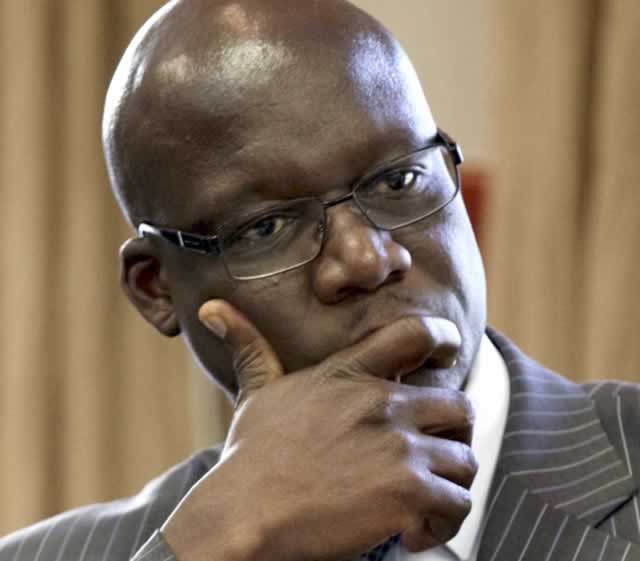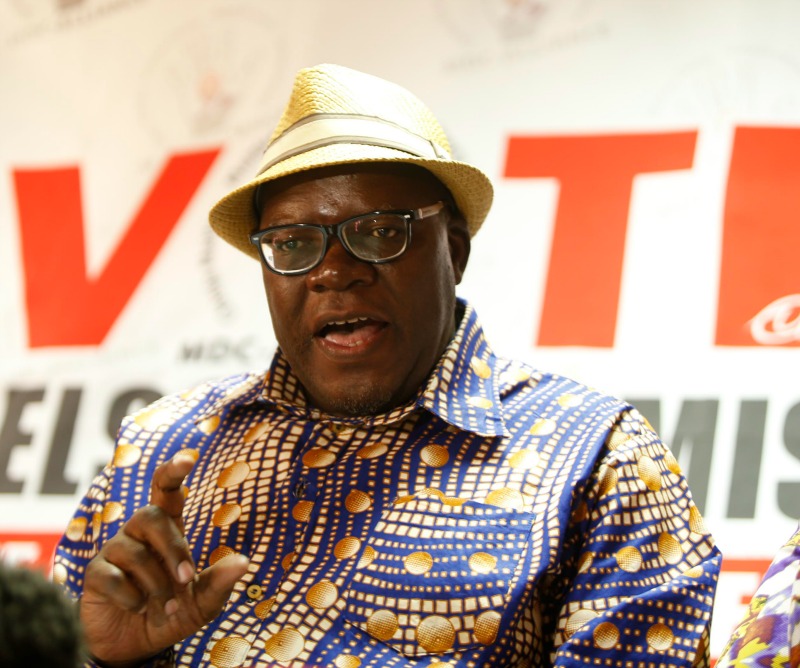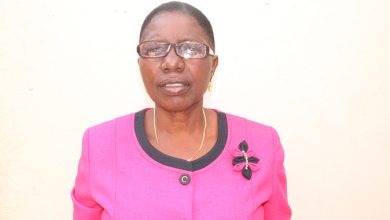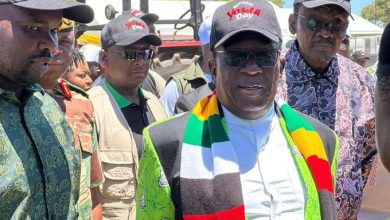“Arosume accuses Home Affairs Permanent Secretary, Dr Gerald Gwinji, of unlawful conduct in property dispute”?

Arosume Property Development (Arosume) has accused Dr. Gerald Gwinji, the Home Affairs Permanent Secretary, of interfering in its property dispute with Louisa Kalenga-Bandal. Arosume claims that Gwinji has been attempting to summon his Local Government and Public Works Ministry counterpart, Zvinechimwe Churu, for interviews and has been making unlawful demands against the company. In a letter sent to Churu, Jiti Law Chambers, acting on behalf of Arosume, accused Gwinji of interfering in the administration of the tripartite agreement that was established between the company and the government through a Public Private Partnership (PPP) in 2007. Jiti argued that the land dispute did not fall within Gwinji’s mandate and that he ought to have directed his requests to the Local Government Secretary’s superiors.
Gwinji had claimed that Kalenga-Bandal had been the permanent owner and beneficiary of stand number 313 under the Sally Mugabe Housing Cooperative (SMHC), which was meant to benefit civil servants. However, Arosume refuted these claims, stating that stand 313 of Carrick Creagh, Borrowdale was only gazetted for compulsory acquisition in 2006. The company has also complained about the continued harassment of its officers by law enforcement agencies on incomplete investigations.
Arosume and its lawyers insist that any moves to obtain information about the PPP or interrogate senior Local Government Ministry officials ought to be sanctioned by the Public Service Commission or top bureaucrats like Cabinet Secretary Dr Misheck Sibanda, and that the letter should have been alternatively directed to Minister July Moyo. The company claimed that Gwinji had no power or authority to directly or indirectly allocate state land, which is administered by another ministry, and that his attempt to assert falsely that Kalenga-Bandal was permanently allocated is improper and could only be motivated by either a corrupt intent or gross incompetence on his part.
In addition, Arosume warned that Gwinji’s actions not only risked undermining the tripartite agreement and related investment policies, but he had no power to revise cabinet decisions regarding the sale/allocation of state land, and he must give a reasonable explanation for his acts of insubordination. The company also argued that Gwinji had no authority to involve himself in the operational command of the police and direct how any investigation must be conducted, potentially violating Section 174 of the Criminal Code.
Gwinji could not be reached for comment on the matter.









